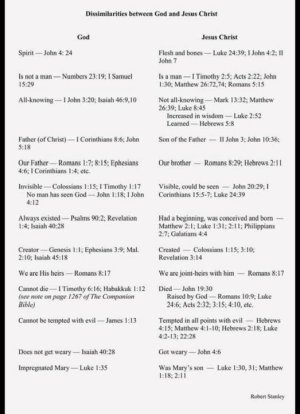As Jesus emptied Himself the form of God and take the form of a servant in the likeness of men and obedient to the Father even death on the cross, a demonstration of Jesus's voluntary submission to the Father's will and a reflection of His human limitations during His earthly ministry. While Jesus is fully God, He was in the human form, and this human aspect did not include the omniscience of the Father regarding the timing of His return. And as Jesus said in Acts 1:7 that there are certain things that it is not for the followers to know times and season that the Father had fixed by His own authority.
As to the Holy Spirit, every sin and blasphemy shall be forgiven people, but blasphemy against the Spirit shall not be forgiven.
If someone blaspheme Jesus, when confessed the sin will be forgiven.
If someone blaspheme God, when confessed, the sin will be forgiven.
If someone blaspheme the Holy Spirit why the sin (eternal sin) will not be forgiven?(Mark 3:29)
Bible lexicon defined "blasphemes" in Greek "βλασφημέω blasphēmeō" as to speak of God or divine things in terms of impious irreverence.
This proves that the Holy Spirit is distinct and separate person from the Father and Jesus whom blasphemies against Him cannot be forgiven while of the Father and Jesus will be forgiven.
The three are one in the nature of being God.
It is to understand that "God" is a title or nature and not the personal name of the Father.
Mar 3:28 “Truly I say to you, all sins will be forgiven the sons and daughters of men, and whatever blasphemies they commit;
Mar 3:29 but whoever blasphemes against the Holy Spirit never has forgiveness, but is guilty of an eternal sin”—
Rev 13:6 And he opened his mouth in blasphemies against God, to blaspheme His name and His tabernacle, that is, those who dwell in heaven.
G987
βλασφημέω blasphēmeō
34x: to defame, revile, slander, Mat_27:39; to speak of God or divine things in terms of impious irreverence, to blaspheme,

